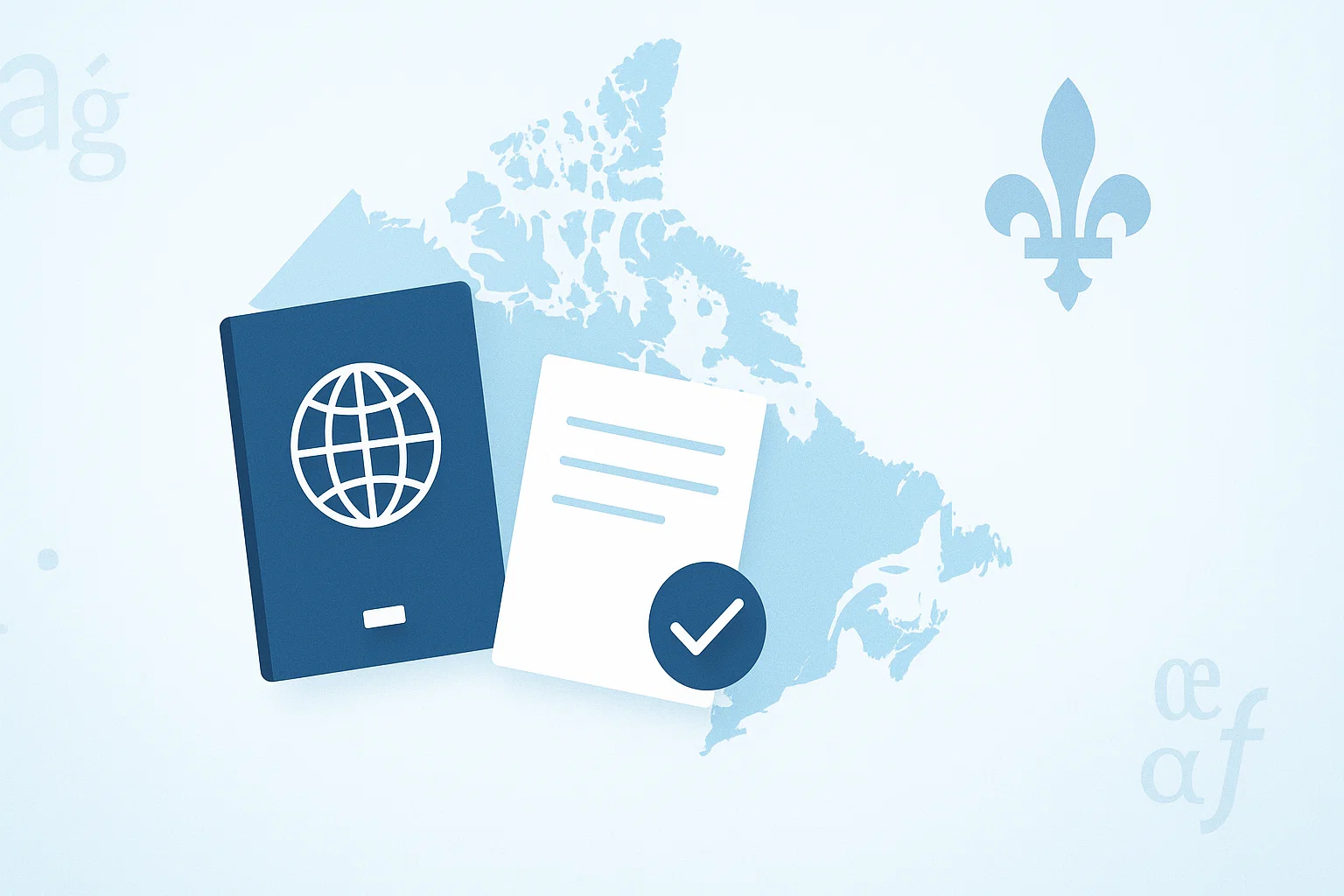In a major policy shift, Immigration, Refugees and Citizenship Canada (IRCC) on June 25 revised the list of academic programs eligible for a Post-Graduation Work Permit (PGWP), a key pathway for retaining international talent. The update is a proactive measure to ensure that international graduates possess skills that are in high demand within Canada's evolving economy, specifically targeting the labour market needs of 2025 and beyond.
Under the new guidelines, the total number of PGWP-eligible fields of study now stands at 920, following the addition of 119 new programs and the removal of 178 previously eligible ones.
Scope of Changes and "Grandfather" Provisions
IRCC has specified that these changes will apply to international students who meet two conditions:
- They are enrolled in a non-degree program (i.e., a program that does not lead to a bachelor's, master's, or doctoral degree, such as a college diploma or certificate).
- They apply for their study permit on or after November 1, 2024.
To protect students already in the application pipeline, a "grandfather clause" has been implemented. Students who submitted their study permit application before November 1, 2024, will not be affected. They will remain eligible for a PGWP upon graduation, provided their program was on the eligible list at the time of their application, even if it has since been removed.
A Closer Look at Program Changes: Following Labour Market Cues
The rationale behind the update is directly tied to Canada's labour market data. The 119 newly added programs correlate with occupations in key sectors experiencing persistent shortages, while the 178 removed fields are linked to occupations no longer facing significant labour gaps.
Key Sectors with Added Programs:
- Healthcare and Social Services: A significant number of new programs have been added, including Veterinary Medicine (DVM), Dentistry (DDS, DMD), Veterinary/Animal Health Technology, and Oral Biology.
- Education: In a notable first, programs in Education have been broadly added to the list for non-degree students, including French, Biology, and Computer Teacher Education, reflecting a need for educators across the country.
- Trades: To support Canada's construction and manufacturing sectors, programs such as Construction Management, CNC Machinist Technology, Professional Diver, and Cabinetmaking are now eligible.
Sectors with Significant Reductions:
- Transport: All programs under this category have been completely removed from PGWP eligibility, including Aircraft Maintenance, Marine Maintenance, and Public Transportation Planning.
- Agriculture and Agri-Food: This field has been drastically reduced, with only one program remaining on the eligible list. Programs like General Agriculture, Farm Management, and Crop Production have been removed.
- Select STEM and Environmental Programs: While STEM remains a priority, some programs like Natural Resources Conservation and Environmental Studies have been removed. In contrast, programs such as Architecture and Landscape Architecture have been added to the STEM category.
The Strategic Link Between PGWP and Express Entry
This policy shift is not occurring in a vacuum. It is closely linked to recent changes in Canada's flagship immigration system, Express Entry, particularly the category-based selection draws introduced in 2023 and updated in February 2024.
Both policies are managed by IRCC and serve the strategic goal of addressing labour shortages. The PGWP-eligible fields list helps select non-degree graduates for valuable Canadian work experience, while Express Entry categories prioritize candidates with that in-demand experience for permanent residence (PR). Together, they form a cohesive pipeline from international student to permanent resident.
Other Core PGWP Requirements Remain Unchanged
It is crucial for students to remember that meeting the field of study requirement is only one part of PGWP eligibility. All applicants must still meet other criteria, most notably language proficiency.
- Graduates of degree programs (bachelor's, master's, or doctoral): Must demonstrate language proficiency equivalent to a Canadian Language Benchmark (CLB/NCLC) level 7 in all four abilities. They are not subject to the field of study requirement.
- Graduates of non-degree programs: In addition to studying in an eligible program, they must demonstrate language proficiency equivalent to a CLB/NCLC level 5.
An exception exists for graduates of PGWP-eligible flight schools, who are not required to meet the field of study requirement.
Prospective international students are strongly advised to consult the official IRCC website for the complete and updated list of PGWP-eligible programs before making their study plans.
Official IRCC Link: https://www.canada.ca/en/immigration-refugees-citizenship/services/study-canada/work/after-graduation/eligibility/field-of-study.html#check_cip_list









